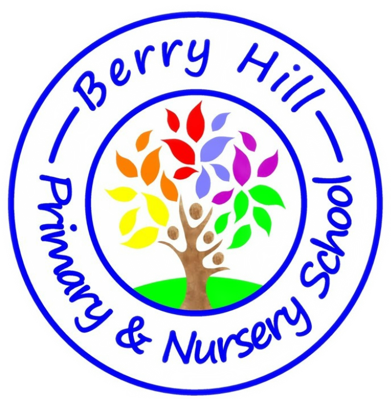Phonics in F2
Phase 2
Children start (or recap and consolidate if they have started in Nursery) Phase 2 in the Autumn term of Reception (F2). They begin to learn how to link phonemes (sounds) to graphemes (written letters). This is called Grapheme-Phoneme Correspondence (GPC) and means the relationship between sounds and letters. Children learn GPCs in this order: s a t p i n m d g o c k ck e u r h b f ff l ll ss j v w x y z zz qu ch sh th ng nk. Some of these phonemes are represented by one letter and some are represented by two or three letters. A phoneme represented by two letters is called a digraph. A phoneme represented by three letters is called a trigraph. When all of the GPCs have been learnt, children will practise reading and writing short words containing these sounds. Alongside learning the GPCs, children will also continue to practise their oral blending and segmenting skills. Blending is taking the sounds in a word and putting them together to form a whole word eg: c-a-t cat. Segmenting is taking a whole word and splitting it into sounds eg: cat c-a-t. Children must be able to do this orally (by speaking and listening) before they will be able to read and write. Please see the Nursery page for some ideas on how to help at home, concentrating on Aspect 7. Children will also focus on identifying the initial (first) sound in a word. Please see the Nursery page for some ideas on how to help at home, concentrating on Aspect 5.
Once they are secure with oral blending and segmenting, children will learn how to read/blend and write and spell/segment words containing these GPCs. Children will learn to read and write a variety of words with these sounds. Children will also learn how to read and write tricky words which cannot be sounded out phonetically as the letters do not make the typical sounds that match those letters. Sometimes words are tricky at first but as more GPCs are learnt, the words are able to be read phonetically.
Below is a list of Phase 2 tricky words:
- is
- I
- the
- put
- pull
- full
- as
- and
- has
- his
- her
- go
- no
- to
- into
- she
- push
- he
- of
- we
- me
- be
After children have been introduced to all the GPCs, they should be able to find any GPC when asked eg: 'can you find s?' and should be able to say the sound/phoneme for any letter/grapheme when shown the grapheme eg: 'which sound does this grapheme make? S.
Please use this link to watch our How To videos on how to pronounce the sounds.
Phase 3
Children start Phase 3 in the Spring term in Reception. They will recap and consolidate Phase 3 throughout the Spring term in F2. In Phase 3, children continue learning new digraphs (two letters making one sound) and trigraphs (three letters making one sound). Children learn GPCs in this order:
ai -rain
ee - feet
igh - night
oa-boat
oo - boot/look
ar - farm
or- for
ur- hurt
ow-cow
oi-coin
ear-dear
air-fair
er- corner
Children MUST understand that they pronounce these letters as one sound, otherwise they will not be able to read the words that contain these sounds accurately.
Children will learn to read and write a variety of words containing these GPCs, including Phase 3 tricky words.
Below is a list of the Phase 3 tricky words. Children will learn to read these words without sounding them out.
- was
- you
- they
- my
- by
- all
- are
- sure
- pure
Phase 4
Children start Phase 4 in the Summer term of Reception, continuing this until the end of Reception. Children will also spend a few weeks of the Autumn term in Year 1 recapping and consolidating Phase 4. There are no new GPCs to learn in Phase 4 but children will begin to read and write longer words containing the GPCs they already know. Some example words from this phase include: lamp, bench, sandpit, shelving, frog, brown, spark, starlight, stamp, blank, shrink, spring, strap, scrunch, twisting, printer.
Children will also learn more tricky words.
Below is a list of the Phase 4 tricky words:
- said
- so
- have
- like
- some
- come
- love
- do
- were
- here
- little
- says
- there
- when
- what
- one
- out
- today
